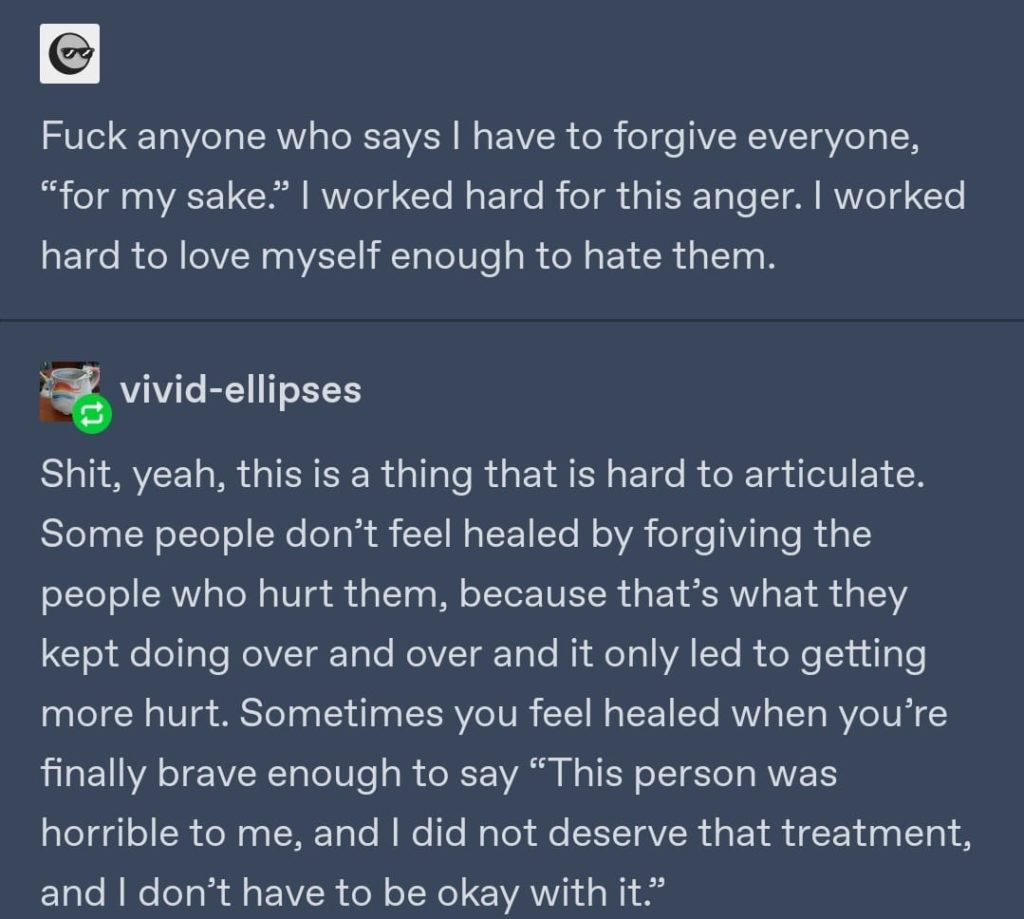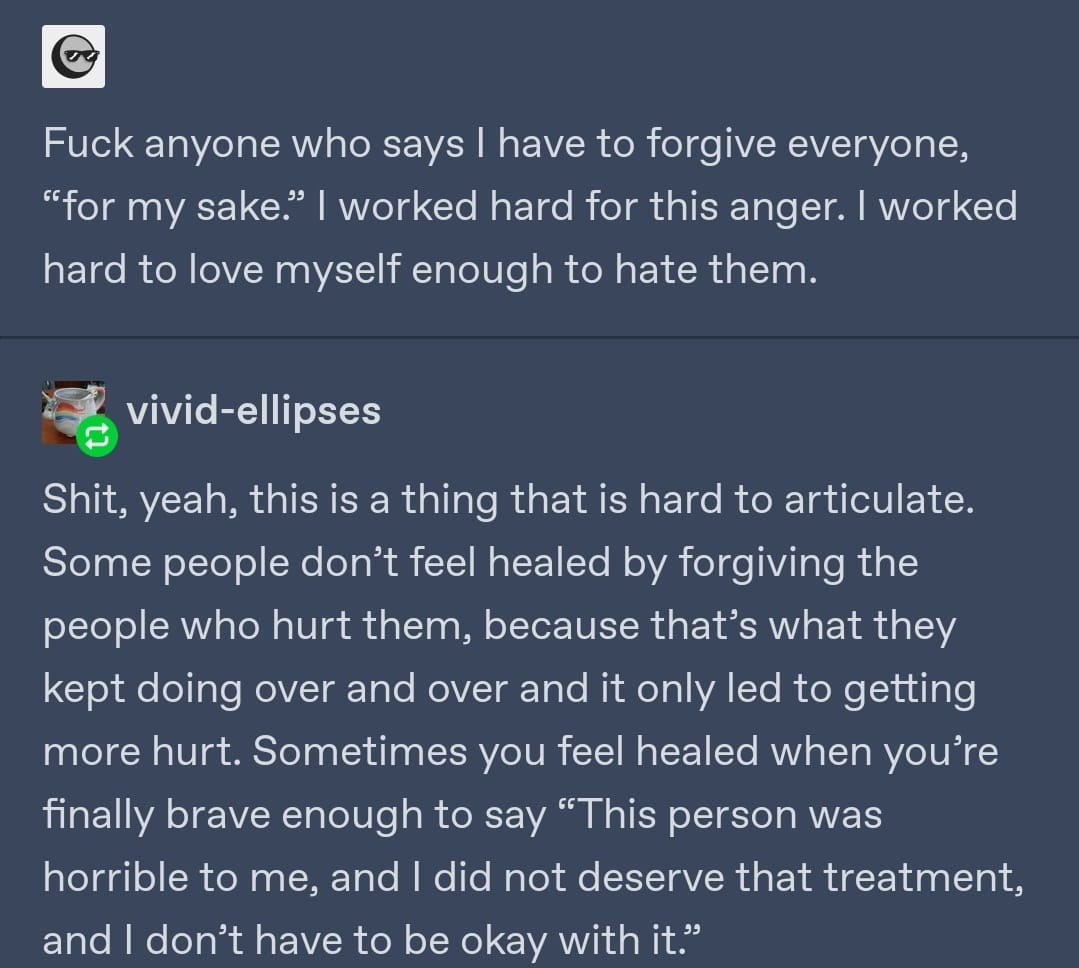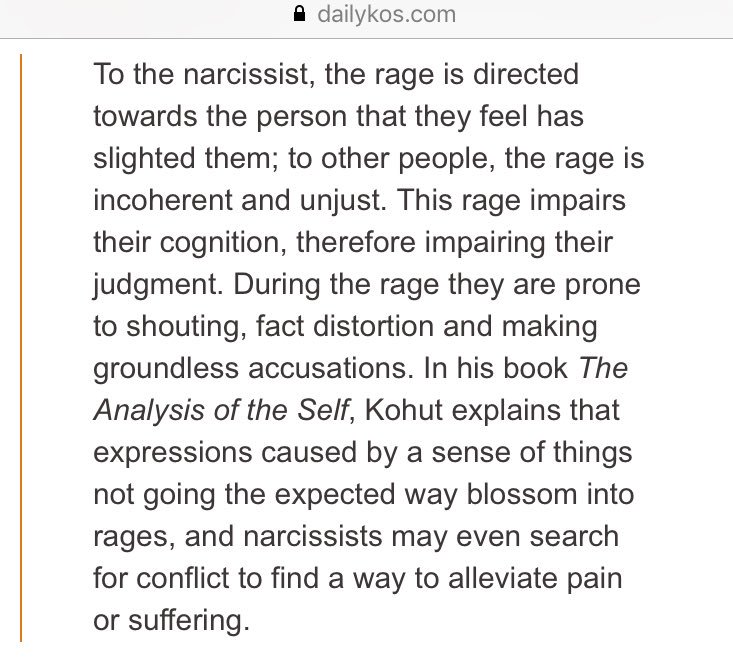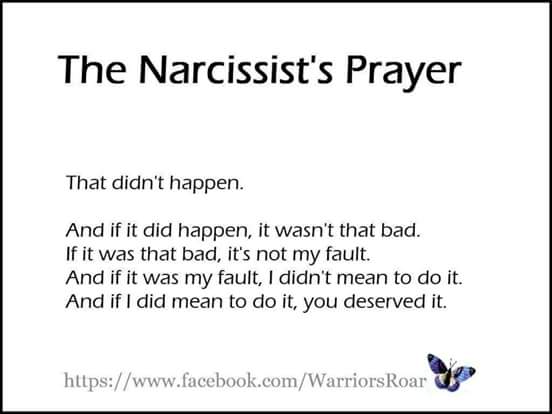“Don’t Bug People”
This came into my head today after a kind of weird day with a new-ish friend, in which I ended up feeling all wrong-footed and even though we apologized and talked it out, I still feel uncomfortable.
We text each other more-or-less daily, although if there is a pattern to who “starts” I don’t know what it is. So today I was kind of on the bubble as to whether I should text her.
This came into my head: “Don’t bug people.” The underlying idea was that if I texted her, or maybe texted her the wrong thing, she might get annoyed.
I tossed this around for a while and then settled on texting her about something “safe”: her mom had some medical testing done the day before, so I sent the message that I hoped everything was OK. That seems to have been acceptable, because I got a text back saying thanks for the concern.
I’m not convinced everything is OK yet, but in my gut I’m not intending to push my luck and text her anything else, probably until I hear more from her.
I am pretty sure this self-effacing concept of self is rooted in a mother who was basically uninterested in being a mom, at least by the time she got to me.
Mom didn’t have time for me. I was not important to her.
There is a theory that Mom had me in order to “fix” the marriage, which is offered as kind of an excuse or explanation — although as an explanation for what, exactly, was not made clear — but, I suspect it is for the obvious-but-not-to-be-acknowledged disinterest in me from Mom.
It’s also a tacit admission that a sixth baby was not really something anyone wanted just as a person, as another welcomed member of the family — but rather that baby #6 was viewed from the very beginning as a thing, not as a person — her conception was intended as a tool to be used as a means to an end, and her very existence depended on what that existence could potentially do for someone else.
In reality of course it is a fucking stupid idea, not to say manipulative — having more kids so the man will be forced to stay and provide. What a great plan.
I was supposed to buy her time, not take it up. And of course if I didn’t “do my job” — if in fact the idea backfired, and saving me from her became Dad’s reason for The Divorce — well, of course someone who comes up with that as a plan will have no problem holding that failure against me when the stupid idea doesn’t work.
When I got glasses in kindergarten, she would wash them every morning and dry the lenses, but then hand them to me with the earpieces still wet. I hated that. It is probably part of the reason I still hate wearing glasses. I remember I asked her to dry them off too, and she wouldn’t bother. I had to put up with wet earpieces until I became old enough to dry them off myself.
That’s not normal maternal love. That’s a person who doesn’t want to take care of you and make you happy. Who can’t even take an extra five seconds to at least not make you unhappy.
Actually, at 5 I was probably physically capable of drying them myself. What I eventually learned was more subtle and more important: I figured out that I could dry them off for myself. I didn’t have to put up with what she handed me — I could do something about it. I didn’t internalize completely the message she was sending, that I was entirely not worth caring about. I could care about myself.
Lesson learned. Take care of yourself, that’s the only person you can depend on. But you also don’t have to put up with someone else’s shitty, uncaring treatment. It’s a poor substitute for a mother’s love, but it’s something.
I have zero memories of us doing anything fun together in my childhood. There were very few hugs, hardly any physical affection from mother to daughter. In fact, she used to get me to brush her hair, because she enjoyed it — but I can’t remember a single time when she brushed mine for my pleasure.
So. Put that together with another thing my mother used to tell me regularly, which is this:
“You have a lot of advantages: you’re smart, you’re thin, you’re pretty, your family is well-off, and because of that, people aren’t going to like you and you’re going to have to be twice as nice to them to make up for it.”
Well. Apparently just existing as I am is enough to bug some people by making them jealous (obviously my mom is one of them).
So I guess I just shouldn’t be me? Shouldn’t be as good as I can be?
This is not an uncommon outcome for those who are victims of narcissism.
Another underlying message here is that having people like you is IMPORTANT. Everyone. As many as possible. Quantity counts, not quality.
And it becomes your job to placate them, to take on the responsibility for their feelings about you. Um. Scapegoating, in a word. If you “make” someone else feel bad about themselves — jealous or guilty or ashamed or angry — they dump that onto you, and then of course they have to keep you at a distance. Awesome.
“Don’t bug people” becomes “Don’t bug ME”. “Don’t bug US”, specifically. Don’t be so needy. Don’t be needy AT ALL.
Don’t ask for anything, because that would be bugging us because we won’t want to do it because we don’t care about you, we don’t love you.
But we will feel guilty and shameful about that, because family is supposed to be a certain way and we aren’t, so just don’t ask — don’t you dare make us feel guilty, it will be your fault for asking and making us either say yes and be angry, or say no and feel guilty or ashamed, so just don’t even ask. We will blame you for our bad feelings if you ask.
Sometimes you don’t even have to ask for anything. It happened with the very fact of my existence. My mother was so embarrassed at how old she was when she had me, that for years she would not put her birth date on my school registration card. For years I did not know how old she was, in case I told someone. Every year they would ask me about it, and every year I would have to tell them I didn’t know.
This is how scapegoating works.
She was embarrassed about the results of HER OWN ACTIONS. I certainly had fuck all to do with how or why she ended up having a child at 48, or how she felt about it. That was a result of her own choices, her own actions, for good or ill.
And the feelings of shame originated with her — they didn’t come from me. But she associated them with me. And instead of dealing with those feelings of shame by herself, working through them on her own, considering her own actions and her own responsibility and, just possibly, learning from it — she simply decided that *I* was the cause of those bad feelings.
After all, if I didn’t exist, she wouldn’t have those bad feelings, right? Must be my fault.
You certainly don’t have to follow the train of thought any further than that — it’s a comfortable place to stop. Much more comfortable than continuing on to the part where my existence — and therefore those bad feelings — is still her responsibility.
After reaching that easy first conclusion, all you have to do is keep the scapegoat away, or somehow contained, distant, separated — pretend they don’t exist — so you don’t have to deal with those bad feelings. Problem solved. Relationship fucked, but hey. As long as the narcissist is OK, that’s a win.
I suspect something much like this is what my MIL and my sister did to me, too.
My MIL had an alcoholic mother, and I don’t know much more than that. So while I can understand why she had her own bullshit to deal with, I am angry with her for not having dealt with it herself.
Then again, she was of a generation that just buttoned that shit up and put it away. And she was young when it happened. But she still prevented or affected 3 relationships by her refusal to face up to her own shit.
And my sister, too, was only 17, so I don’t hold the initial choice against her. After all, she had a bad example right in front of her, teaching her to blame the baby, to put those bad feelings there. She made the best decisions she could make at that age, with all that was going on, and the example that she had to follow.
As with my MIL, I do hold it against her that she refuses to revisit those decisions as an adult, refuses to talk or listen to me, or let anyone else talk or listen to me. Way to be a grown-up, Sis. Way to ruin a bunch of relationships. But I guess if you’re OK, that’s all that matters. Stay selfish and true to Mom, because that’s the important shit. And it’s easy.
Mom went away when I was just a baby, twice, once around 8 months and then again around 12 months. She came back physically, but whether she never cared about me, or whether what happened in hospital changed her, she never really came back.
Then my other caretakers, my older siblings, went away to college — but I didn’t understand that. The first was the one I depended on most, my sister, who went away when I was about 18 months old. Then my two older brothers.
Dad went away when he died, when I was barely 30. My best caretaker was gone forever.
I was immediately attacked for asking for something, from people who were supposed to be my family and my support, at the worst moment of my life. And when I needed protection from that attack, everyone I had known my whole life abandoned me.
Eventually the whole bullshit edifice that is “our family history” began to unravel, because someone had finally gone too far.
Treat me like a second-class citizen up to that point, I guess that was fine. At least, it was expected and accepted. Because I was young, I guess, I accepted it.
But Susan tried to fuck with me and Dad, and put herself ahead of me when it came to my dad — and that was going too fucking far.
In a way, that was the last gift that Dad had to give me: the ability to stand up for myself on this one thing at least, and start down the long, sorry road of recovering from a lifetime of being the one at fault.
I started asking questions and pulling on the loose ends. And the more truth I found, the more sense my alternate viewpoint made. And that is very threatening to certain people — the sister who is so angry she won’t even read what I write, and won’t let anyone else talk to me any more. Or the brother who does read it, and then insists that what I write isn’t true.
Because when the scapegoat starts asking why everything is her fault, why she doesn’t get fair and equal treatment in her own “family” — that’s a problem. It’s a HUGE problem for the people who hate the idea of having to treat her decently — especially when that comes at the expense of dealing with Susan, who will throw a holy fucking fit about being held accountable for her actions.
And of course, they rationalize that it’s the SCAPEGOAT who is “the problem”. Not them and the mountain of bullshit they hide behind.
Over and over I read that “no contact” is the only thing for me to do, to save myself and heal. It’s what Dad did, too, for himself and for me, to the best of his ability.
I am sure they say, and believe, that I have rejected them. That is how they would be forced to frame it, to make it fit into their fucked-up infrastructure. To say otherwise is like pushing over the first domino. To say that I might be right about anything is to admit that they might be wrong about something — and that opens the door to that whole mountain of bullshit falling on you like a ton of bricks.
Instead of accepting the testimony of experts, professionals, and myself — instead of being glad that I am doing what’s best for me — instead of offering loving acceptance if I should ever choose to return. Which of course, would be the loving, decent thing to do for me. And of which they are not capable, when it comes to me.
Fortunately, it is working. It doesn’t hurt much any more. Time and distance really do work.








